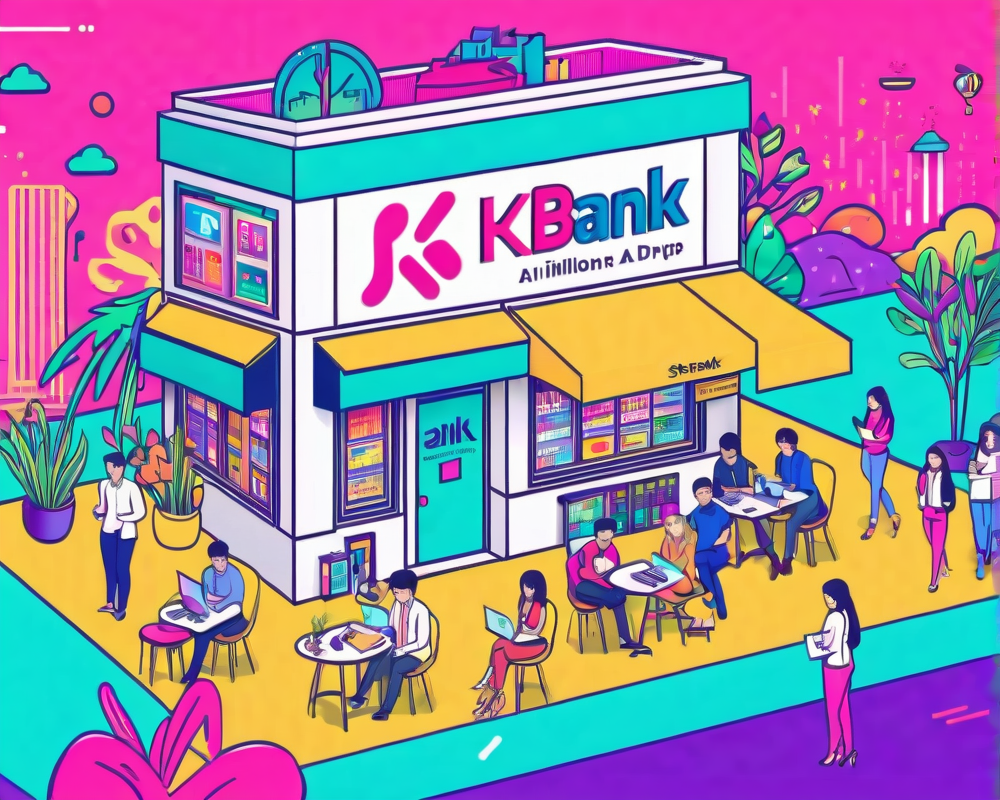The Dual Nature of Artificial General Intelligence
As artificial general intelligence (AGI) inches closer to reality, we find ourselves at a crossroad. It’s like being handed a box of fireworks: they have the potential for spectacular displays, but if mismanaged, things can go up in flames—literally. According to Janet Adams from SingularityNET, the consequences of centralizing AGI development can be chilling, potentially leading to a dystopian future. Let’s explore what makes decentralization via blockchain a beacon of hope.
Centralization: The Good, The Bad, and The Ugly
Big tech companies, military powers, and government entities are often painted as the ‘bad guys’ in the AGI narrative. Why? Because monopolizing AI development could allow a few powerful entities to wield unprecedented control. Adams warns that if AGI becomes a tool for military dominance or profit-driven motives, the results could be dire, flecked with nightmare scenarios of surveillance and warfare.
Imagine a world where only a handful of organizations are effectively calling the shots, simultaneously widening inequalities and jeopardizing humanity’s future. Nobody wants Skynet, right?
Decentralization: The Light on the Horizon
Enter blockchain technology! In the words of Adams, “Blockchain is the fabric of decentralization.” By leveraging blockchain, we can foster a more equitable landscape for AGI development. Here are some reasons why decentralization is seen as a game-changer:
- Open-Source Development: A decentralized model opens the door for a wider developer base, encouraging collaboration rather than competition.
- Increased Transparency: With trust being a significant barrier, blockchain could provide complete transparency, ensuring that no single entity can manipulate the AGI.
- Global Participation: Decentralization invites tech talent from everywhere, preventing the monopolization of innovation that stifles creativity.
Can We Predict the Future of AGI?
As passionate as we are about AGI, it remains a riddle wrapped in a mystery inside an enigma, particularly when we consider how it might act once unleashed. Adams candidly expresses that it’s impossible to predict the behavior of something potentially smarter than us. It’s like trying to anticipate the next move of a cat versus a laser pointer: you’re destined to fail. What we can do, however, is set a foundation of ethics and benevolence into AGI development.
A Hope for Humanity
At the end of the day, SingularityNET’s goal is to encourage AGIs that view humanity with kindness and respect, like a benevolent ancestor. Imagine a world where AGIs don’t just exist alongside us but work hand-in-hand, doing good for humanity. Adams paints this hopeful picture, expressing her vision for AGI to be a positive force, bridging gaps rather than creating them.
So the challenge ahead is clear: ensure AGI’s development is decentralized, transparent, and inclusive. Only then can we hope to unleash its exhilarating potential while keeping the world safe from its darker possibilities.




